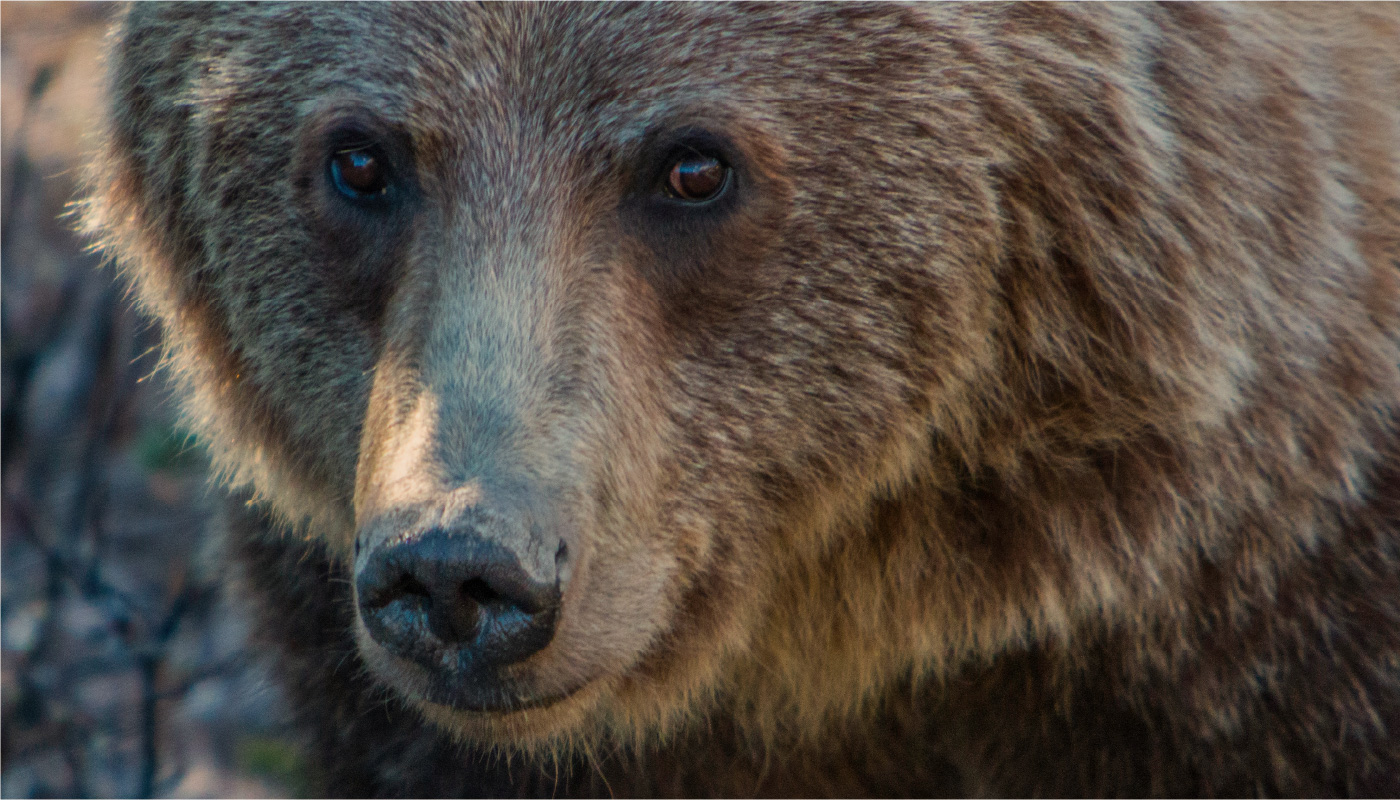For Dr. Karine Pigeon, being outdoors has always been an important part of her work life — and her life when she’s off the clock. From skiing to hiking, ice climbing to biking and more, she now finds herself in the unique position of combining two major components of her life.
Starting in November 2019, Pigeon will be working at the University of Northern British Columbia to conduct research that will guide partners, including Y2Y and others, on ways to better understand the opportunities and impacts of recreation on the environment.
“My play time has always naturally met where my work left off so I’m excited to see how the two can mesh together,” says the new Mitacs post-doctoral fellow.
The main focus of Pigeon’s research will be studying different relationships between recreation use and ecological impacts, including those in the Yellowstone to Yukon region. For Y2Y this has implications on how to best balance the needs and benefits of recreation for people and wildlife.
“People protect what they love, and people that recreate in nature can become advocates for these wild places. Figuring out how we can best keep people connected with nature while preserving biodiversity is at the core of my research,” says Pigeon.
Bringing a diverse background that includes research on bears and caribou and combines a number of strengths such as extensive field work experience, working with spatial datasets to understand how animals interact with their environments, and supervising students, technicians, and volunteers, Pigeon is well-suited to the varied role this post-doctoral fellowship calls for.
She has worked throughout Alberta and British Columbia for more than 15 years, including collaborating with industry, government, and community partners.

“I’m committed to improve our understanding of how to best manage wild places, and I am a strong advocate for working together to achieve common goals – supporting healthy uses of the landscape for people and wildlife,” says Pigeon.
Outdoor spaces and places provide wildlife habitat but are also destinations for people to hike, bike, hunt, and recreate. Part of large landscape conservation is to identify where people and wildlife share these places and how they impact each other.
Since the Y2Y vision is an interconnected system of wild lands and waters stretching from Yellowstone to Yukon, harmonizing the needs of people with those of nature, Pigeon’s work will provide important ways to better understand what humans and wildlife need to thrive.
“I’m really pleased that Karine will be joining our team bringing her expertise in developing ecological models,” says Dr. Pam Wright, University of Northern British Columbia associate professor of outdoor recreation and tourism management. Wright will be supervising Pigeon’s work.
“This research will fill a big gap in knowledge about the cumulative influences of recreation on the landscape, helping to provide access for recreationists while meeting natures’ needs,” Wright says. “Solid science helps people to make informed decisions about the places that we care so much about.”
Pigeon will be based out of Canmore, Alberta and Prince George, B.C. and leading a team of partners in the U.S. and Canada. Mitacs is a Canadian not-for-profit research and training organization dedicated to advancing collaborations between industry, academia and government in Canada.


